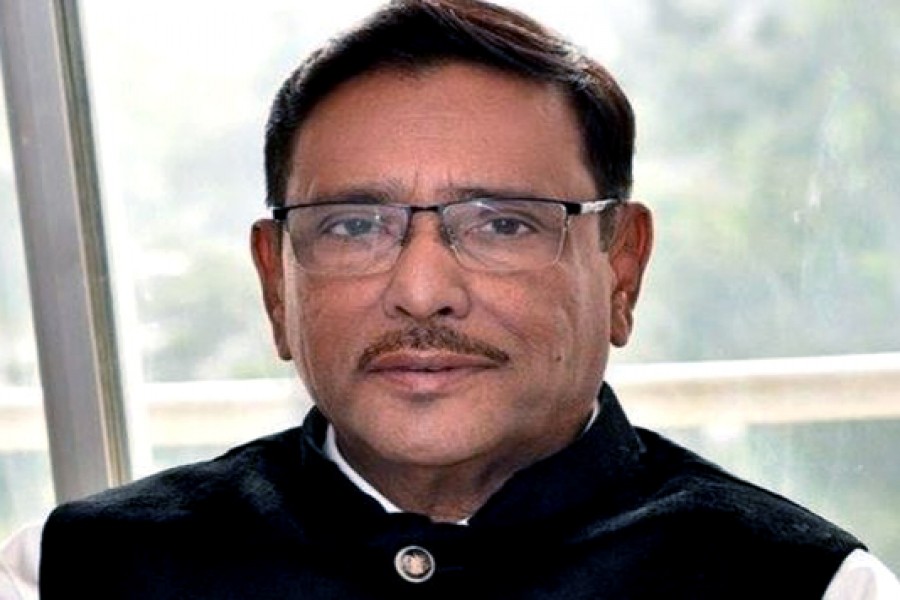
Published :
Updated :

The Jatiya Oikyafront, the opposition alliance formed with the BNP, will not stay united, according to Awami League leader Obaidul Quader.
“Seeing them, we spotted break-up factors in the Oikyafront from the moment it began its journey. It never meant to survive,” said the ruling party’s general secretary on Friday, reports bdnews24.com.
“Since the BNP is itself breaking up, there must be holes opening up in their alliance as well.”
But what can cause such a breakup? -- Quader was asked. “Ties between communal and non-communal forces can never sustain.”
Ever since the alliance's debut last year, Awami League leaders have been calling the Oikyafront a ‘communal alliance’.
The BNP disregarded calls to cut off ties with the Jamaat-e-Islami, whose members committed proven atrocities during Bangladesh’s Liberation War. Instead, the party headed by Khaleda Zia was critical of the International Crimes Tribunal when it began prosecuting war criminals from 1971.
Ahead of the 2018 election, the BNP formed an alliance with Gono Forum, Krishak Sramik Janata League, Nagorik Oikya, Jatiya Samajtantrik Dal (Rab) and Jatiya Oikya Prokriya.
Dr Kamal Hossain, a top lawyer who had headed the drafting of Bangladesh’s first constitution, was made leader of the alliance.
Once, while responding to questions by reporters, Hossain said he would not go for a 'greater unity' with the Jamaat, which was stripped of its registration as a party.
But 22 prominent Jamaat leaders took part in the Dec 30 election, contesting with BNP’s electoral symbol ‘sheaf of paddy’ or as independent candidates.
The polls saw the return of Awami League to power for a third straight term, while the Oikyafront rejected the results citing widespread irregularities.
Two weeks after the election, Hossain admitted that fielding Jamaat leaders in the election was a mistake. He also claimed of not being aware of their participation in the polls.


 For all latest news, follow The Financial Express Google News channel.
For all latest news, follow The Financial Express Google News channel.